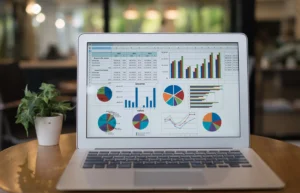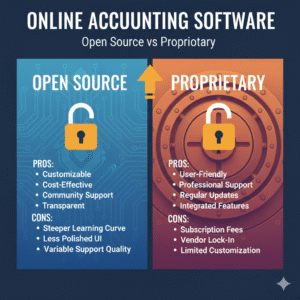Accounting is the backbone of every business, no matter the size or industry. From tracking income and expenses to ensuring compliance and planning for growth, the right accounting system makes all the difference. Today, businesses face an important choice: continue relying on traditional accounting systems or embrace the future with online accounting software.
This blog explores the differences between the two approaches—features, pricing, and flexibility—to help you make an informed decision.
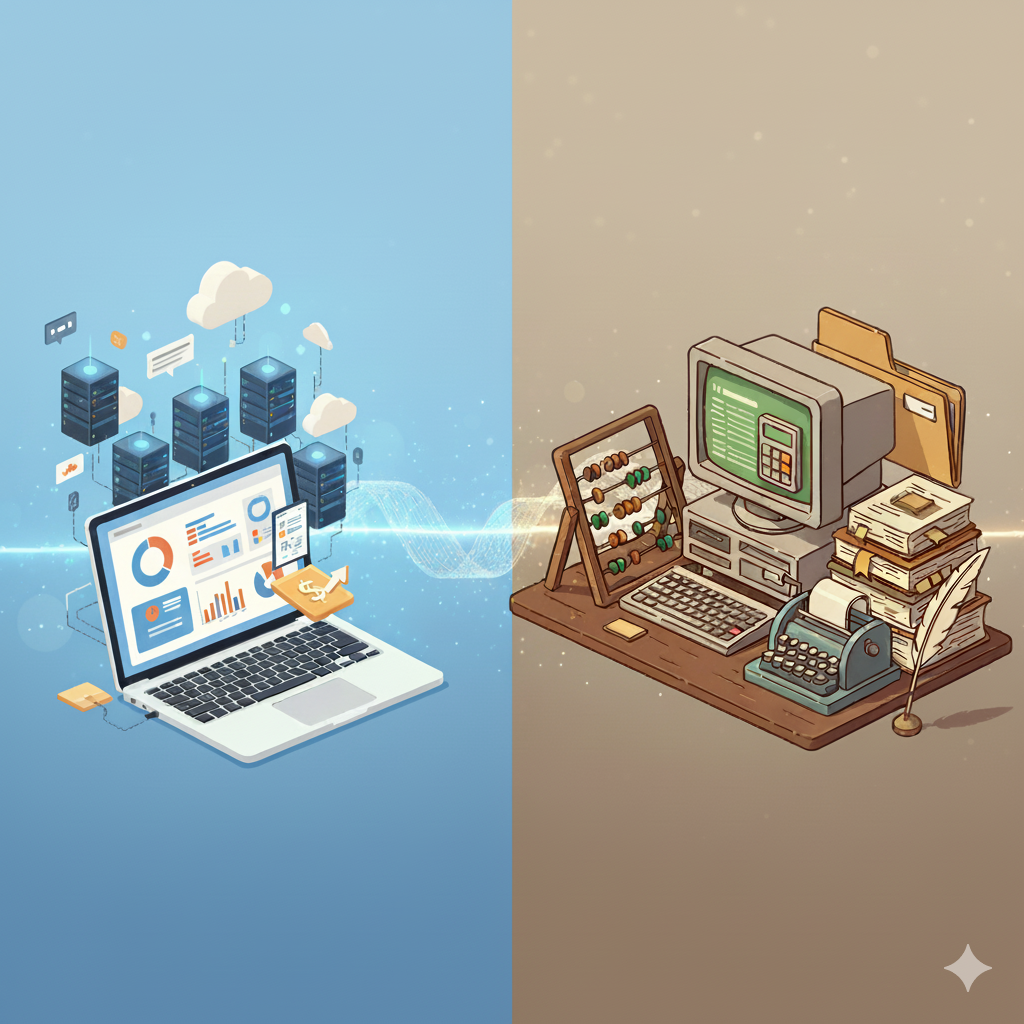
What Are Traditional Accounting Systems?
Traditional accounting systems usually involve desktop-based software or even manual bookkeeping methods. In these setups, financial data is stored locally, either on a single computer or an internal server.
While this gives companies direct control over their information, it also comes with restrictions. Updates must be installed manually, backups need careful management, and access is often limited to office environments.
For some businesses, especially those that operate offline with straightforward accounting needs, this approach still works. But in a world where flexibility and speed are critical, traditional tools can feel outdated and restrictive.
What Is Online Accounting Software?
Online accounting software—also known as cloud-based accounting solutions—stores and processes data over the internet rather than a single machine. Businesses can log in from any location, using a web browser or mobile app, and access their financial information in real time.
This model eliminates complicated installations and reduces the need for internal IT support. Automatic updates, built-in backups, and high-grade security are handled by the provider. Plus, modern accounting software often integrates with other business tools like CRM systems, payroll platforms, and e-commerce apps.
The result is a connected, flexible, and efficient way of managing finances—perfect for companies looking to scale or operate remotely.
Comparing Features
When evaluating online accounting software against traditional systems, the differences become clear:
- Accessibility: Traditional systems lock you to one location. Online platforms provide global access, which is crucial for remote teams or businesses with multiple branches.
- Collaboration: Cloud tools allow multiple users—owners, accountants, and managers—to log in and work simultaneously. Traditional systems often require file transfers or limited user licenses.
- Updates: Desktop systems demand manual upgrades, which can be costly. Online systems update automatically in the background.
- Security: While local storage feels secure, digital accounting systems in the cloud often offer stronger safeguards, including encryption, firewalls, and continuous backups.
The feature set of online solutions is clearly designed for today’s fast-paced, mobile-first business environment.
Pricing Considerations
Cost is often a deciding factor.
- Traditional accounting systems usually come with a one-time license fee. But you’ll also need to budget for IT support, software upgrades, and data storage. These hidden expenses add up over time.
- Online accounting software typically follows a subscription model—monthly or annually. This spreads costs evenly, reduces upfront investment, and makes financial planning more predictable.
For startups and SMEs, subscription pricing is especially attractive. Larger companies also benefit by reducing infrastructure costs and gaining scalability.
Flexibility and Scalability with Online accounting software Tools
One of the strongest advantages of online accounting software is its scalability. As your business grows, you can easily add users, upgrade features, or connect additional applications.
By contrast, traditional systems often require expensive upgrades, additional servers, or complicated installations.
Flexibility also extends to integrations. Cloud platforms sync with banking apps, invoicing systems, and payment gateways, creating an end-to-end financial ecosystem. This reduces manual entry, lowers errors, and saves time—a feature accounting software comparison studies often highlight as a game-changer.
Security and Data Protection : Online accounting software vs traditional
Security is a common concern for businesses hesitant to move online. Yet, cloud-based accounting solutions generally offer stronger protection than local systems.
Data is encrypted, stored in secure data centers, and automatically backed up. Providers also follow international compliance standards, giving businesses peace of mind.
In comparison, traditional systems rely on in-house measures like firewalls and manual backups. A single system failure could result in permanent data loss. For most businesses, online systems are the safer bet.
Ease of Use and Learning Curve
Older desktop systems often feel clunky and require formal training. Modern accounting software, on the other hand, is designed with user experience in mind. Clean dashboards, mobile apps, and intuitive workflows make it accessible even for non-accountants.
Most providers also offer tutorials, online support, and communities where businesses can get help quickly. This ease of use means business owners spend less time learning tools and more time focusing on growth.
Benefits of Online Accounting for the Future
The advantages of online accounting software aren’t just about convenience—they’re about future-proofing your business. With remote access, real-time collaboration, and integrations, these platforms align with the demands of a digital-first economy.
While traditional accounting systems may still suit companies with very simple needs, they often hold back growth. Digital accounting systems evolve alongside your business, adapting to new challenges with ease.
Which Should You Choose?
So, should your business stick with traditional methods or upgrade to online accounting software?
- If you want remote access, predictable pricing, and seamless integration with other apps, online tools are the best choice.
- If your business operates in an offline-only environment with limited financial needs, traditional systems may suffice.
For most organizations, however, the long-term value of cloud-based accounting solutions far outweighs the limitations of older methods.
Conclusion
The decision between online accounting software and traditional accounting systems is ultimately about choosing between legacy methods and modern flexibility. Online platforms provide accessibility, scalability, and innovation—features that businesses need to stay competitive.
Whether you’re a small startup or a growing enterprise, adopting modern accounting software is a step toward smarter financial management and a stronger future.
TOP Accounting softwares IN DUBAI
Explore our range of smart accounting software designed to simplify financial management for businesses in Dubai, UAE. From invoicing and expense tracking to VAT compliance and real-time reporting, our solutions cater to startups, SMEs, and growing enterprises. Find the right tools to gain control over your finances, boost efficiency, and support business growth.
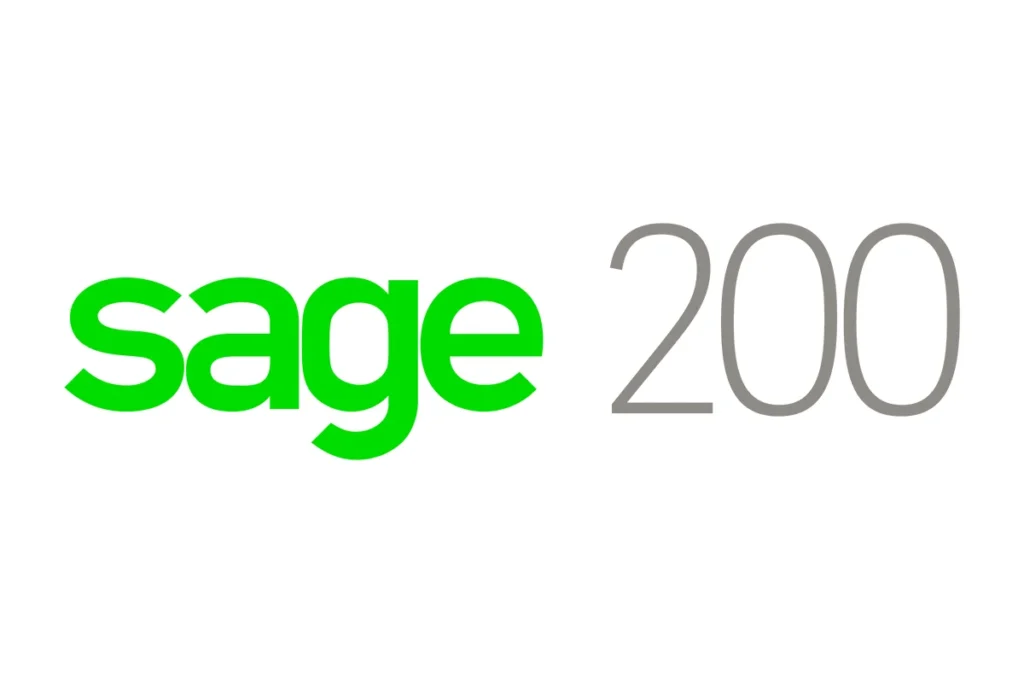
Sage 200 Evolution
Sage 200 Evolution is a powerful business management solution that goes beyond traditional accounting software. Designed to give you full control over operations, it integrates all core business functions into a single platform—providing actionable insights and driving efficiency across departments.
- Customizable modules for financials, inventory, CRM, and more.
- Real-time business intelligence and reporting tools.
- Scalable for growing businesses and industry-specific needs.
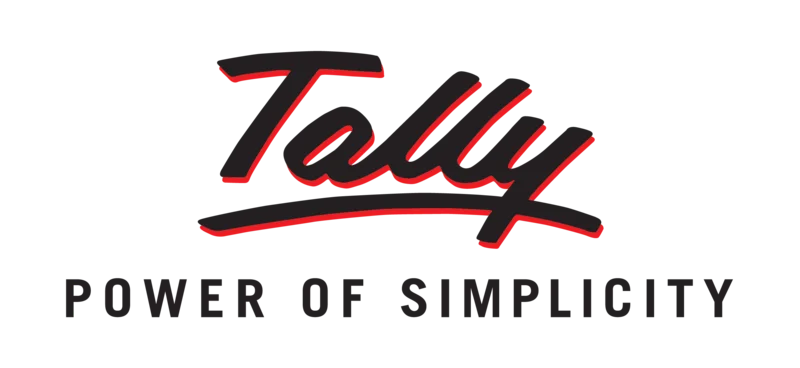
Tally ERP
Tally ERP is a trusted business management software ideal for small and medium enterprises. It offers a seamless solution to manage accounting, inventory, compliance, payroll, and more—all in one system built for simplicity and speed.
- Simplifies accounting, taxation, and financial reporting
- Supports multi-location inventory and business operations.
-
User-friendly interface with quick implementation and customization
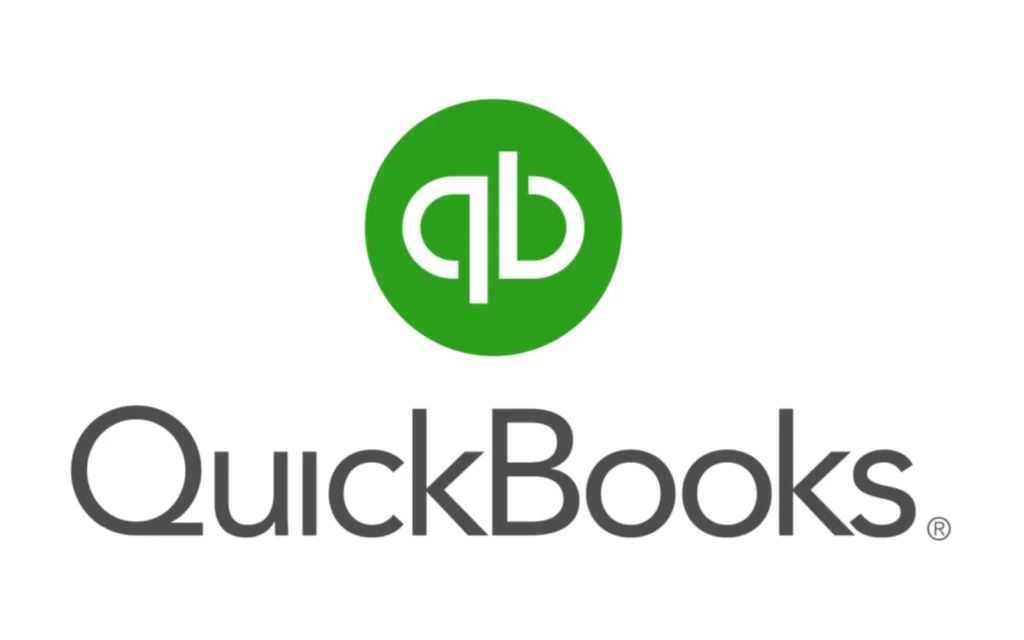
QUICKBOOKS
QuickBooks is an intuitive accounting software tailored for startups and small businesses. It simplifies financial management with smart tools for invoicing, expense tracking, payroll, and real-time reporting—all in a user-friendly cloud platform.
- Easy-to-use interface with fast setup and navigation.
- Real-time insights for smarter financial decisions.
-
Cloud-based access for managing finances anytime, anywhere.

ZOHO BOOKS
Zoho Books is a smart cloud accounting platform built for modern businesses. It automates everyday tasks, streamlines financial operations, and ensures VAT compliance—making it ideal for growing companies in the UAE.
- Automates invoicing, payments, and tax calculations.
- VAT-compliant and tailored for UAE regulations.
-
Cloud-based collaboration with real-time updates.
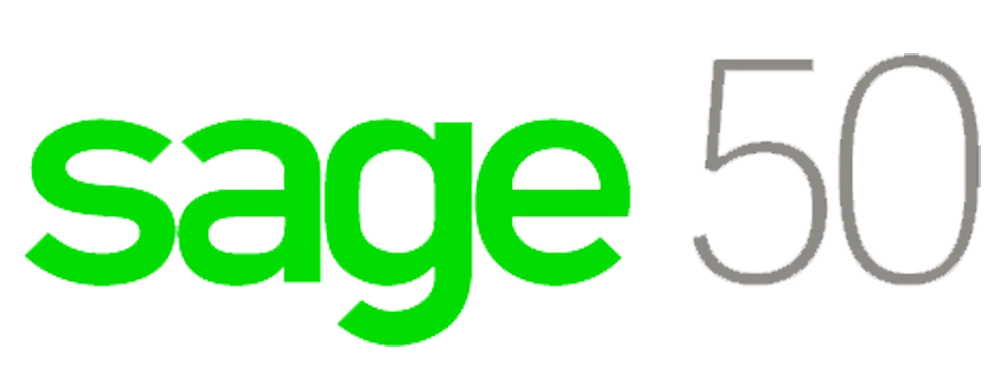
SAGE 50 ACCOUNTS
Sage 50 Accounts is a trusted desktop accounting solution designed for small to medium-sized businesses. It offers powerful features to manage finances, control cash flow, and streamline day-to-day operations with accuracy and compliance.
- Robust tools for accounting, VAT, and payroll management.
- Real-time insights to track cash flow and financial health.
- Reliable desktop solution with cloud-connected options
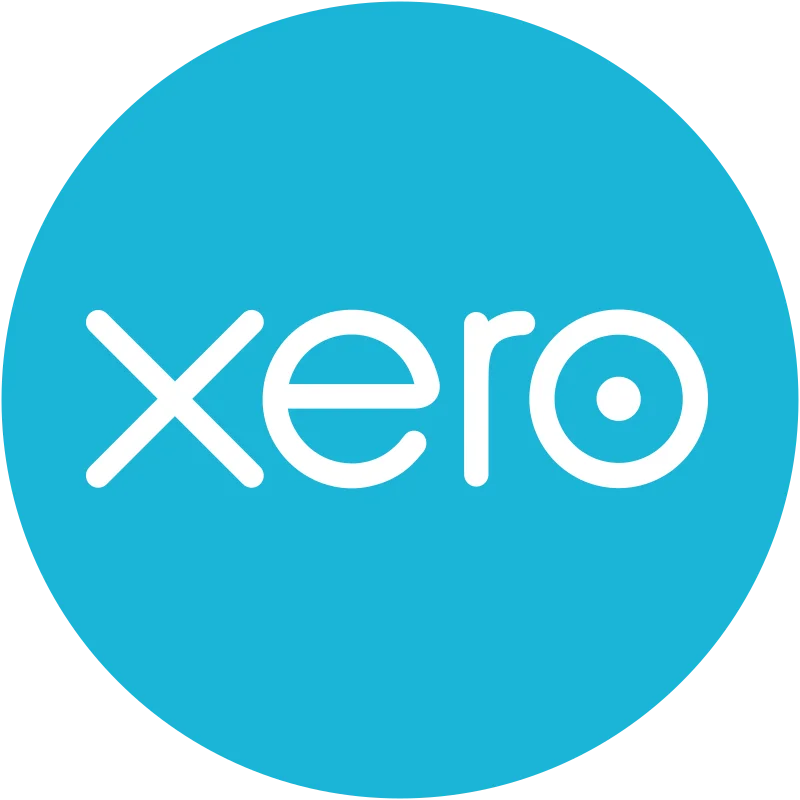
XERO
Xero is a modern, cloud-based accounting software designed for small businesses and accountants. With real-time data, seamless bank integrations, and intuitive financial tools, Xero simplifies business finances from anywhere.
- Cloud access with live financial dashboards.
- Easy bank reconciliation and invoicing.
-
Secure, scalable, and built for collaboration.
The Future of Business Management
with Adept ERP
At Adept Business Solutions, we specialize in providing cutting-edge ERP and accounting software solutions designed to meet the unique needs of businesses in Dubai, UAE. With over 15 years of industry expertise, we are dedicated to empowering organizations with innovative tools and personalized support for sustainable success.
- Tailored Solutions for Your Business Needs
- Expert Guidance and Support
- Enhanced Operational Efficiency
BoOK YOUR DEMO !
To book your Product Demo please complete the form:

